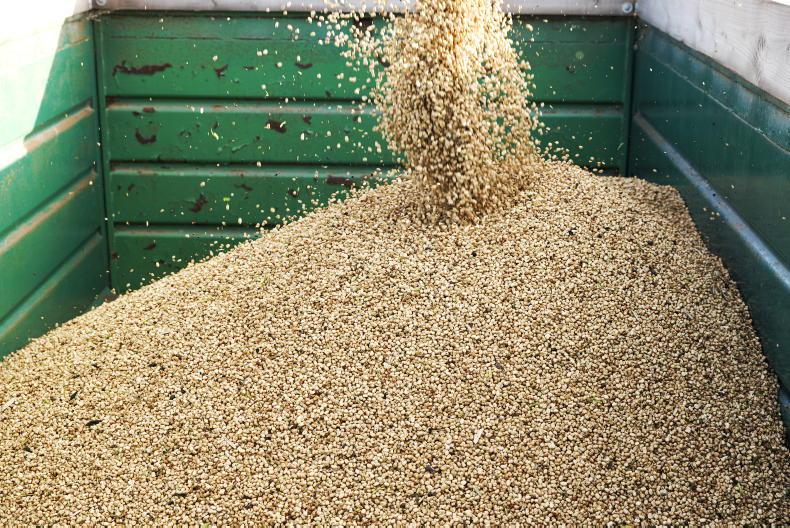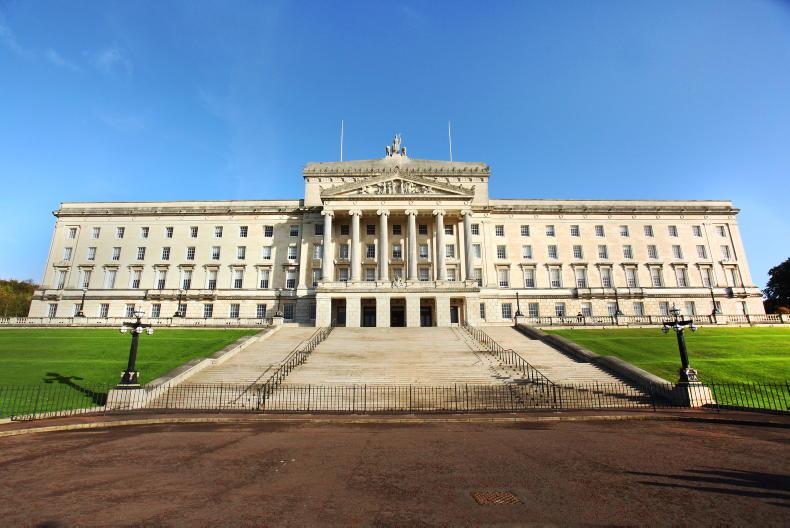Over the last year or so, the climate change debate and agriculture’s role in it has become much more nuanced. The easy clichés that portrayed farming as a major culprit have been modified as more detailed knowledge becomes available.
New Zealand, always one of the most exposed to an anti-agricultural hysteria built up on the issue, has also recently clarified its unease at some of the comment from unqualified sources. But, first, the key issues from an agricultural perspective. There is now a widespread acknowledgement that the world is warming and the arctic ice cap is retreating.
There is also the fact that the concentration of carbon dioxide – the main greenhouse gas – has increased very significantly since pre-industrial days.
The energy sector is the main contributor to this carbon dioxide with the burning of fossil fuels – coal and oil.
The most recent Intergovernmental Panel on Climate Change (IPCC) was clear in linking the human-induced increase in carbon emissions with global warming. Not every climate scientist agrees with this view but on the other hand, a lot do.
From a farmer’s and agricultural perspective, the role of ruminants is of immediate importance to the whole debate.
The main greenhouse gas produced by bovines– methane – exists in the atmosphere for only 12 years. That is accepted by everyone involved in the debate including Prof John Fitzgerald, the chair of the Irish Government’s climate task force as was carried in a recent Irish Farmers Journal report.
It has also been zoned in on by New Zealand, which is now saying that it is examining the options of withdrawing from the Paris climate agreement on the basis that with agriculture accounting for 40% of New Zealand’s total carbon emissions, it would be unfairly treated and severely nationally disadvantaged if the facts around the temporary nature of methane were ignored.
The methane story is further complicated by the fact that methane is similar to water vapour in its capacity to absorb radiation and as there is infinitely more water vapour than methane in the atmosphere, the role of methane (and by inference, cattle) is, it is claimed, irrelevant within the overall climate change debate.
We are still waiting for a clear view from the Irish Government on the issue. While the Government is right to concentrate on Brexit and its immediacy, the Irish agricultural dimension of the climate change debate should not be ignored at political level. Teagasc and the Department of Agriculture are both developing their positions but, ultimately, it’s Government that sets the Irish negotiating position.
Read more
Limiting global warming to 1.5°C: what does it mean for agriculture?
Beef industry tackles climate challenge
Over the last year or so, the climate change debate and agriculture’s role in it has become much more nuanced. The easy clichés that portrayed farming as a major culprit have been modified as more detailed knowledge becomes available.
New Zealand, always one of the most exposed to an anti-agricultural hysteria built up on the issue, has also recently clarified its unease at some of the comment from unqualified sources. But, first, the key issues from an agricultural perspective. There is now a widespread acknowledgement that the world is warming and the arctic ice cap is retreating.
There is also the fact that the concentration of carbon dioxide – the main greenhouse gas – has increased very significantly since pre-industrial days.
The energy sector is the main contributor to this carbon dioxide with the burning of fossil fuels – coal and oil.
The most recent Intergovernmental Panel on Climate Change (IPCC) was clear in linking the human-induced increase in carbon emissions with global warming. Not every climate scientist agrees with this view but on the other hand, a lot do.
From a farmer’s and agricultural perspective, the role of ruminants is of immediate importance to the whole debate.
The main greenhouse gas produced by bovines– methane – exists in the atmosphere for only 12 years. That is accepted by everyone involved in the debate including Prof John Fitzgerald, the chair of the Irish Government’s climate task force as was carried in a recent Irish Farmers Journal report.
It has also been zoned in on by New Zealand, which is now saying that it is examining the options of withdrawing from the Paris climate agreement on the basis that with agriculture accounting for 40% of New Zealand’s total carbon emissions, it would be unfairly treated and severely nationally disadvantaged if the facts around the temporary nature of methane were ignored.
The methane story is further complicated by the fact that methane is similar to water vapour in its capacity to absorb radiation and as there is infinitely more water vapour than methane in the atmosphere, the role of methane (and by inference, cattle) is, it is claimed, irrelevant within the overall climate change debate.
We are still waiting for a clear view from the Irish Government on the issue. While the Government is right to concentrate on Brexit and its immediacy, the Irish agricultural dimension of the climate change debate should not be ignored at political level. Teagasc and the Department of Agriculture are both developing their positions but, ultimately, it’s Government that sets the Irish negotiating position.
Read more
Limiting global warming to 1.5°C: what does it mean for agriculture?
Beef industry tackles climate challenge










SHARING OPTIONS